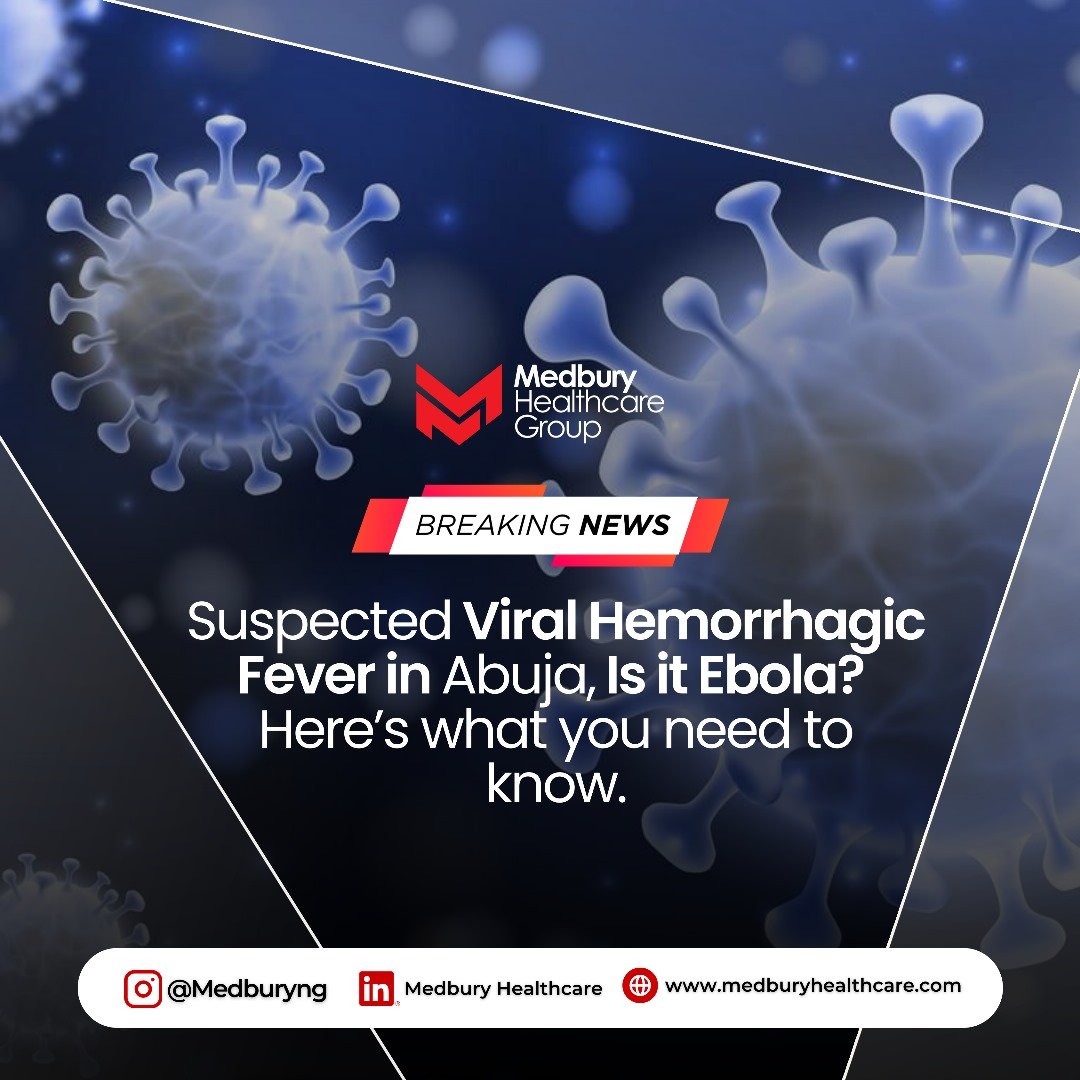Nigeria’s public health system was recently put to the test after two suspected cases of viral
hemorrhagic fever were detected in Abuja. The good news? Both tested negative for Ebola and
Marburg viruses. Further checks are ongoing for other related illnesses such as Lassa Fever
and Dengue, but for now, there is no Ebola in Nigeria.
The quick response was made possible because of two key factors:
● A traveler who immediately sought care after feeling unwell.
● Clinicians at Nisa Premier Hospital, Abuja, who promptly raised the alarm.
This responsible action, combined with the vigilance of healthcare workers, activated Nigeria’s
response system early and helped reduce any risk to the public.
Why This Matters
Outbreaks don’t wait for headlines, they begin silently. What stops them from spreading is early
detection, quick reporting, and coordinated action. This Abuja case is a strong reminder that
when individuals and healthcare workers act responsibly, lives are protected.
What You Should Know About Ebola
● It’s not airborne. Transmission happens through direct contact with infected body fluids
or contaminated objects.
● Symptoms include fever, weakness, headache, sore throat, vomiting, diarrhea,
jaundice, and in severe cases, bleeding and organ failure.
● Incubation period: 2–21 days.
How to Stay Safe
● Wash your hands regularly with soap or sanitizer.
● Avoid contact with people who show unexplained fever, vomiting, or bleeding.
● Stay away from bushmeat or wild animals like bats and primates.
● Report unusual symptoms early, especially if you’ve recently traveled.
● Always rely on updates from trusted health authorities like the NCDC.
Final Note:
Nigeria’s preparedness is stronger when everyone plays their part. Staying alert, reporting early,
and practicing preventive habits remain the best ways to protect ourselves and our
communities.




